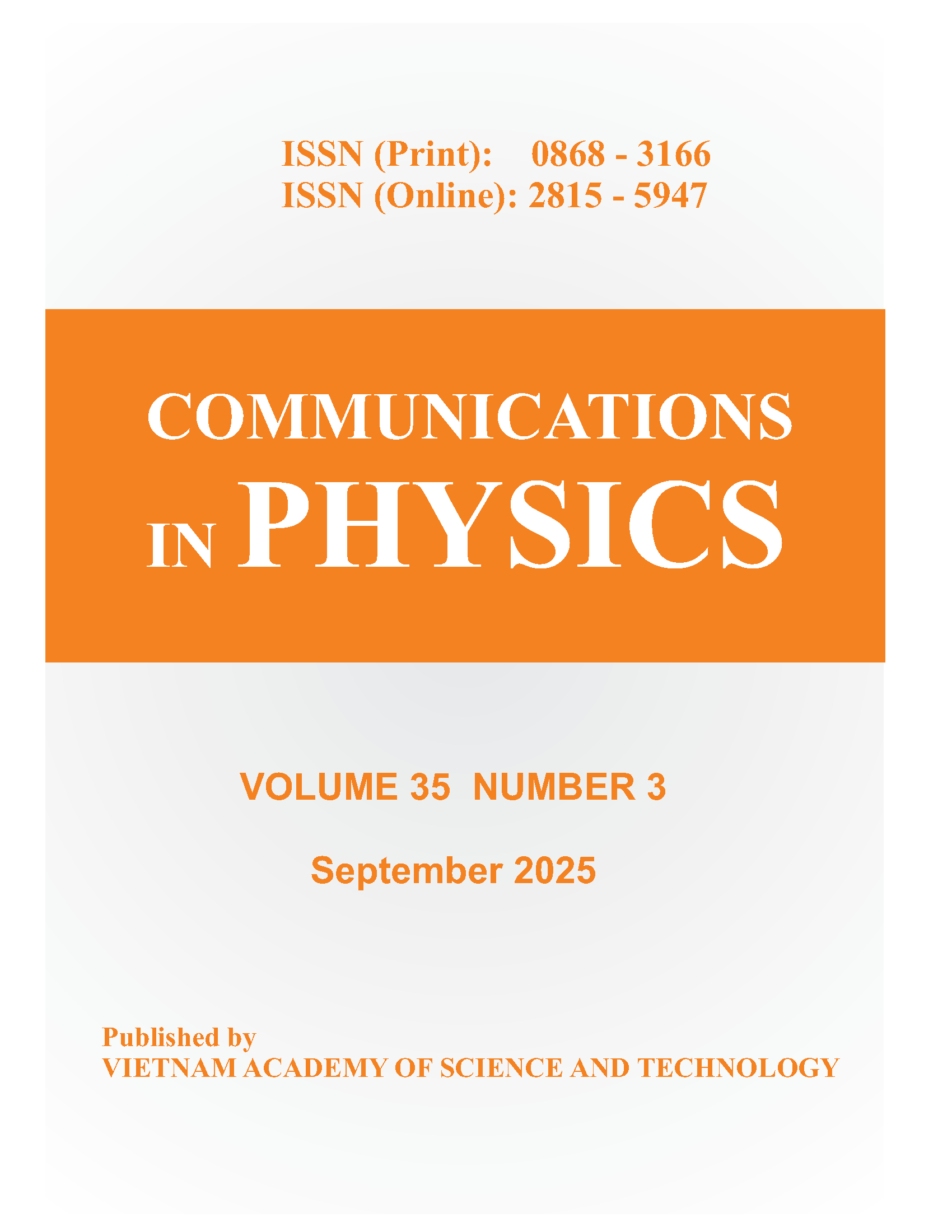Effect from Doping of Quantum Wells on Enhancement of The Mobility Limited by One-Interface Roughness Scattering
Author affiliations
DOI:
https://doi.org/10.15625/0868-3166/21/3/170Abstract
We present a theoretical study of the effect from doping of quantum wells (QWs) on enhancement of the mobility limited by one-interface roughness scattering. Within the variational approach, we introduce the enhancement factor defined by the ratio of the overall mobility in symmetric two-side doped square QWs to that in the asymmetric one-side counterpart under the same doping and interface profiles. The enhancement is fixed by the sample parameters such as well width, sheet carrier density, and correlation length. So, we propose two-side doping as an efficient way to upgrade the quality of QWs. The two-interface roughness scattering is also incorporated to make comparison.Downloads
Downloads
Published
How to Cite
Issue
Section
License
Communications in Physics is licensed under a Creative Commons Attribution-ShareAlike 4.0 International License.
Copyright on any research article published in Communications in Physics is retained by the respective author(s), without restrictions. Authors grant VAST Journals System (VJS) a license to publish the article and identify itself as the original publisher. Upon author(s) by giving permission to Communications in Physics either via Communications in Physics portal or other channel to publish their research work in Communications in Physics agrees to all the terms and conditions of https://creativecommons.org/licenses/by-sa/4.0/ License and terms & condition set by VJS.











